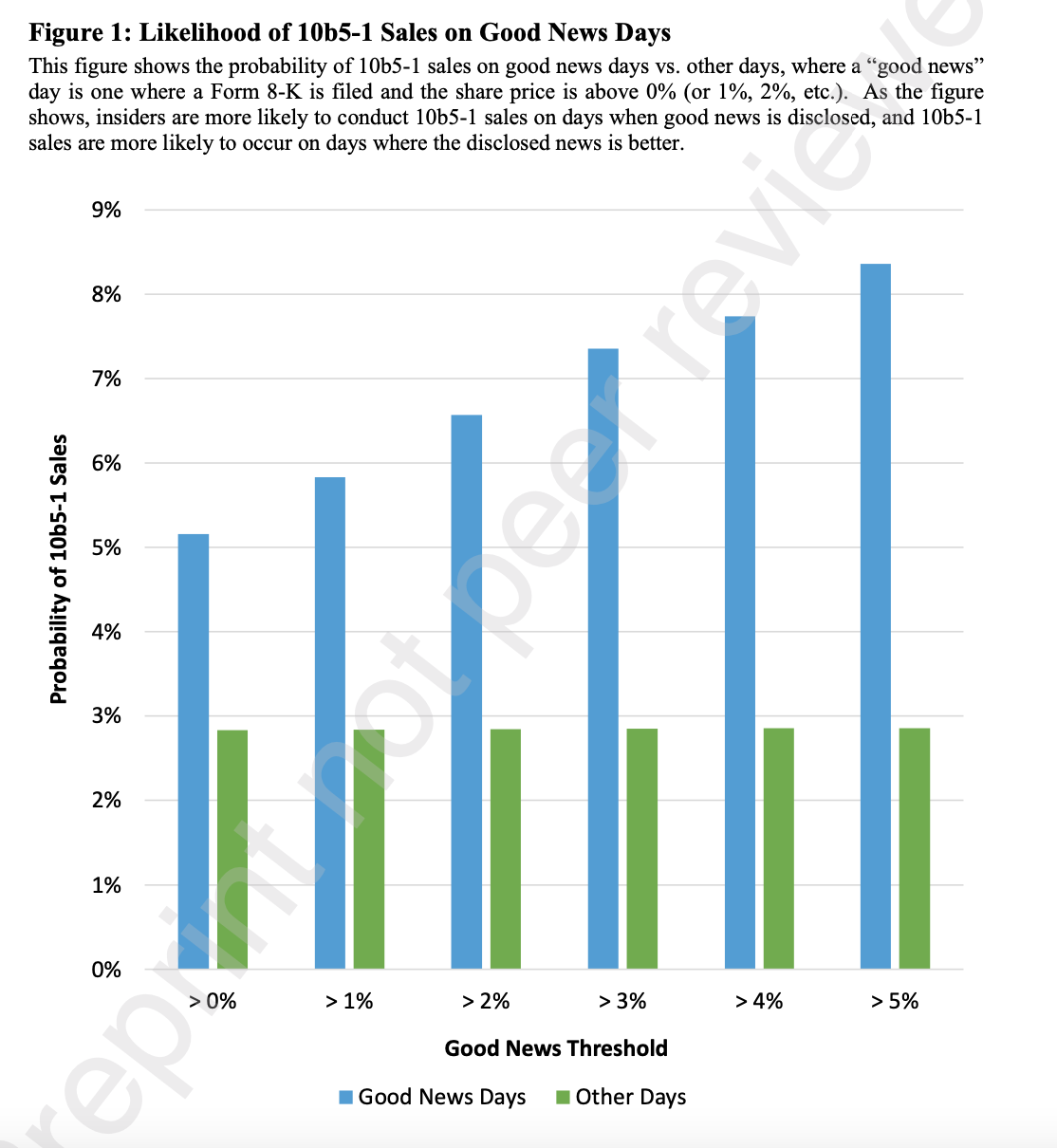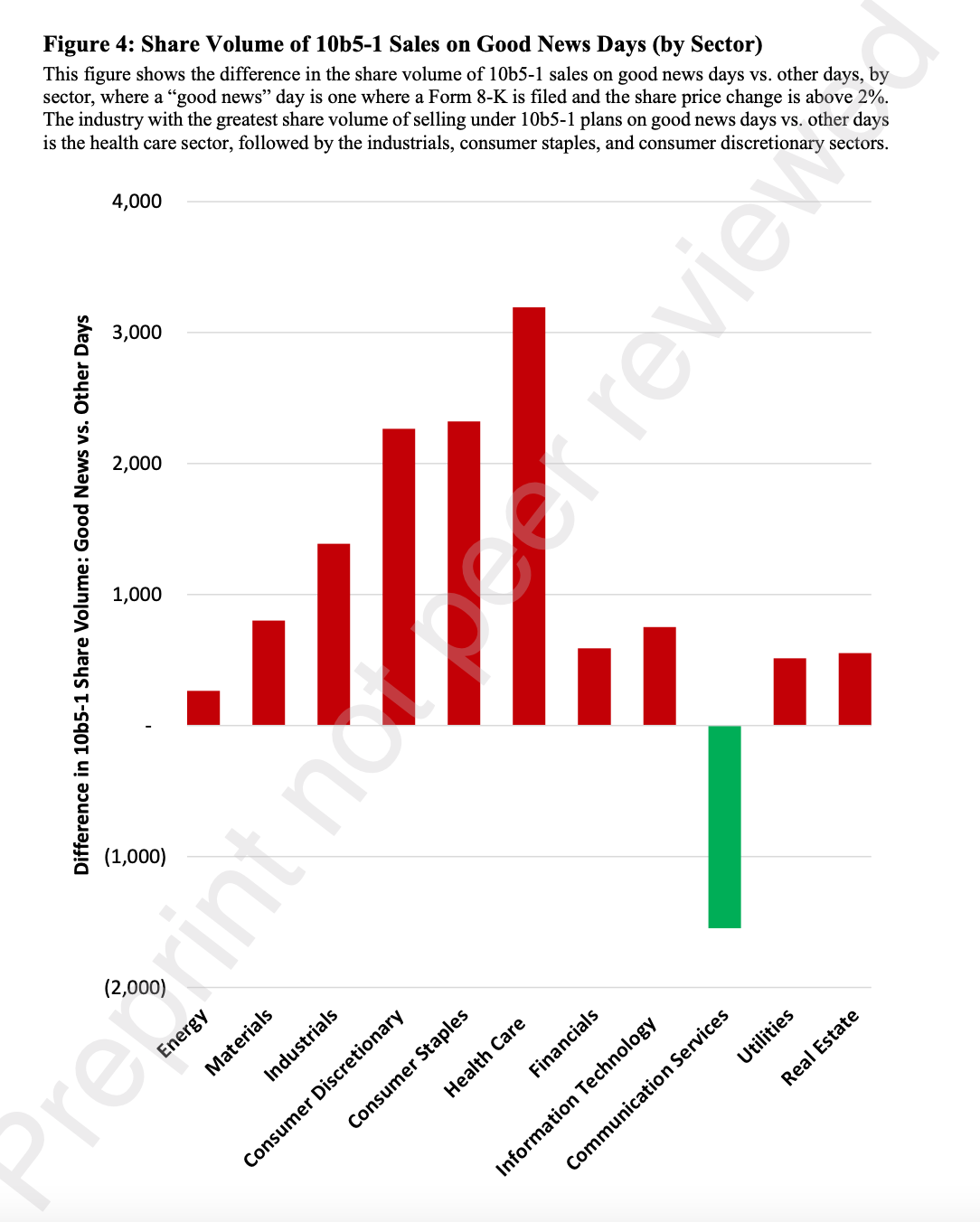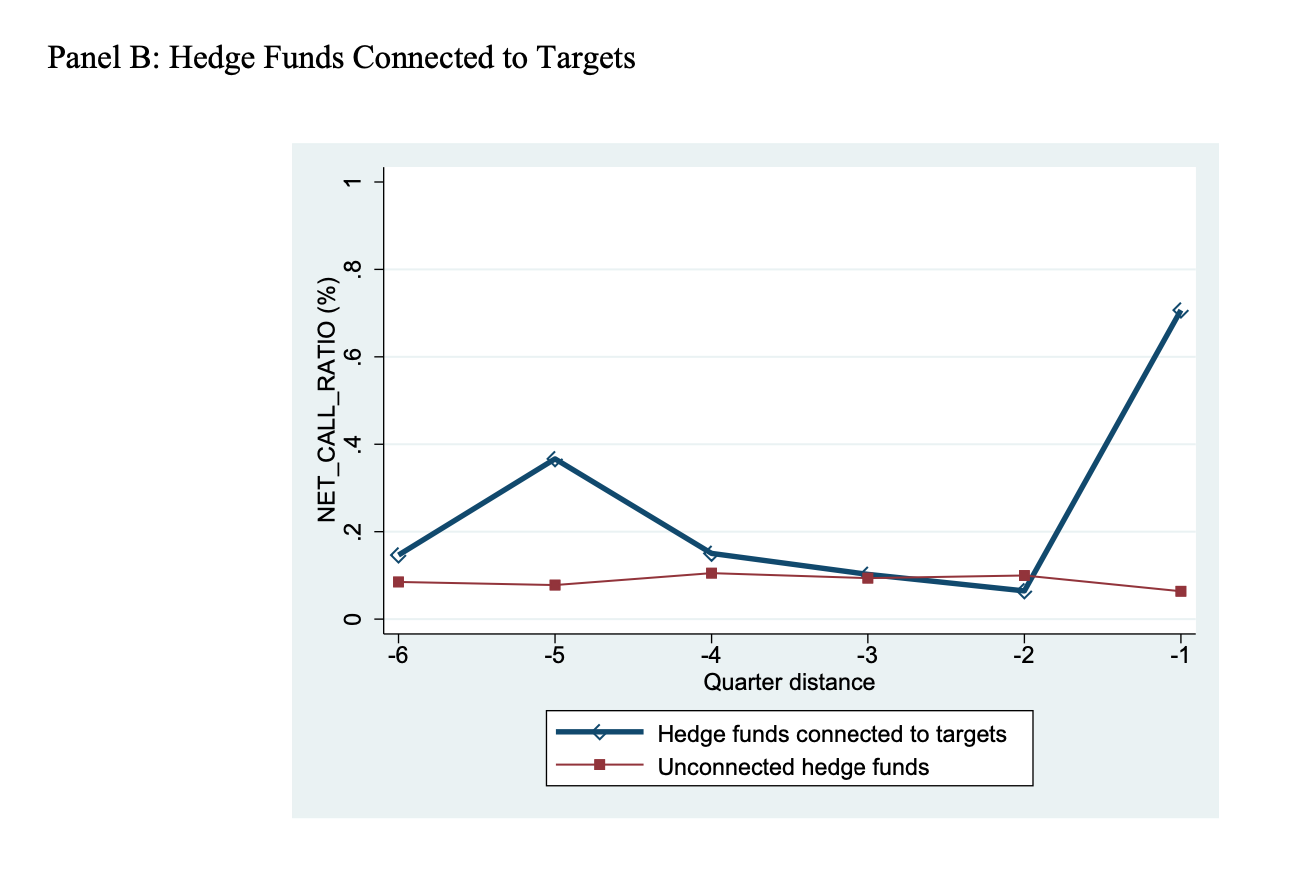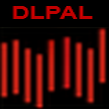
Insider Trading: What Happens Behind Closed Doors
Corporate insiders often have insight into a company’s private information, which might help them predict how the shares’ price will move in the coming days. However, laws and regulations are designed to keep them from trading based on this knowledge, as it would be unfair and hurt the company’s other shareholders. This includes the prohibition of insider trading or designing a 10b5-1 plan, which we will discuss in this article. Anyways, knowing about incoming losses or the will to create profits might lead these insiders to different practices that could be questioned. Let’s look at some of the newest research concerning these issues:
Insider Giving
Insider trading is a very well-regulated and illegal thing to do. However, when there is a risk of loss looming over them, shareholders have another option – to donate their shares and by doing so, gain a tax deduction. This course of action offers another good way to cash out while risking far less.
Insider giving is far less regulated than insider trading, offering comparable benefits. In this study Insider Giving published in Duke Law Journal, S. Burcu Avci, Cindy A. Schipani, H. Nejat Seyhun, and Andrew Verstein find that manipulative gifts are much more abused than thought previously, especially by large shareholders. This implies that powerful shareholders have a way to extract information from the company’s executives, raising questions about their influence in the company. It might be just the tip of an iceberg, allowing us to get insight into their power within. Meaning, their gifts are very well-timed, presumably thanks to the non-public information. Another evidence points also to backdating – the giver’s luck tends to grow with the delay with which they report their gift (and it’s possible for them to report their gifts after as many as 400 days). We offer some interesting figures to demonstrate:



Insider Trading After Strategic Disclosure
Insider trading has been banned with the goal to protect investors and the integrity of the securities market. Shielding themselves from any accusations of it, executives selling their shares enact in advance a so-called 10b5-1 plan. It essentially means planning days of their sales in advance.
However, as the data show, the executives trading under this plan perform better than other insiders. If it’s just a coincidence is investigated in this Joshua Mitts’s work from December 2020 called Insider Trading and Strategic Disclosure. What he finds is that that the companies choose to disclose more positive news on days of the decided sales. That is, they don’t trade according to the situation, but they create a better situation for them instead. Disclosing positive news helps the inflation of the prices of the shares, creating a larger profit for the insiders selling. To find an interesting example, we don’t have to travel too much into the past. Just recently, during the Covid-19 pandemic, Pfizer CEO sold 60% of his shares on the day their effectiveness in the trial tests was disclosed. This allowed the prices to rise rapidly creating immense profits. This type of trading seems to be prevalent in the healthcare sector (see figure 4).



Alumni Reunion Network Effect
Social networks seem to play an important role in spreading private information to the outside financial market. To show this to be the case, the authors Harvey Cheong, Joon Ho Kim, Florian Münkel, and Harold Spilker in this study titled “Do Social Networks Facilitate Informed Option Trading? Evidence from Alumni Reunion Networks“, as the name suggests, use alumni reunion networks as a proxy, connecting director and hedge fund manager pairs who meet at these events. Notably, they use a dataset of manually collected educational backgrounds from the BHFD database, supplemented from Bloomberg, Linked In, and hedge company websites.
The motivation is not only these executives meeting in a different social setting periodically every few years allowing for different personal connections, but it is also assumed that relationships created before entering the corporate environment are different in nature. The main finding is that within the quarter after a reunion, connected hedge funds very timely increase their call option holdings in the target firms before their merger announcements. Statistically, significant reunions occur only within a year of the mergers. Additionally, the ones most likely to leak this information are the directors who have a low amount of the firm’s stock ownership and therefore they don’t expect high gains.



Conclusion
In this article we have taken a closer look at some of the most recent research papers considering insider trading and related practices in the stock market. The first two (Insider Giving and Insider Trading After Strategic Disclosure) even offered us current up-to-date examples from the coronavirus pandemic. While when Kodak’s share prices went up after false news that it might start manufacturing Covid-19 vaccines, its director donated his shares to charity at the inflated price and gained great tax deduction, Pfizer very timely disclosed positive news about its vaccine exactly on the day its CEO was supposed to be selling his shares according to the 10b5-1 plan. Both are smart ways how companies to bypass insider trading regulations with comparable benefits. Lastly, we took a look at the effect of alumni reunions, where private information is presumably being leaked to outsiders, creating good opportunities for hedge fund investors. All of this is going on unknown to the eyes of a regular investor, and there still is much more to be investigated and studied.
Are you looking for more strategies to read about? Sign up for our newsletter or visit our Blog or Screener.
Do you want to learn more about Quantpedia Premium service? Check how Quantpedia works, our mission and Premium pricing offer.
Do you want to learn more about Quantpedia Pro service? Check its description, watch videos, review reporting capabilities and visit our pricing offer.
Are you looking for historical data or backtesting platforms? Check our list of Algo Trading Discounts.
Would you like free access to our services? Then, open an account with Lightspeed and enjoy one year of Quantpedia Premium at no cost.
Or follow us on:
Facebook Group, Facebook Page, Twitter, Linkedin, Medium or Youtube
Share onLinkedInTwitterFacebookRefer to a friend

















